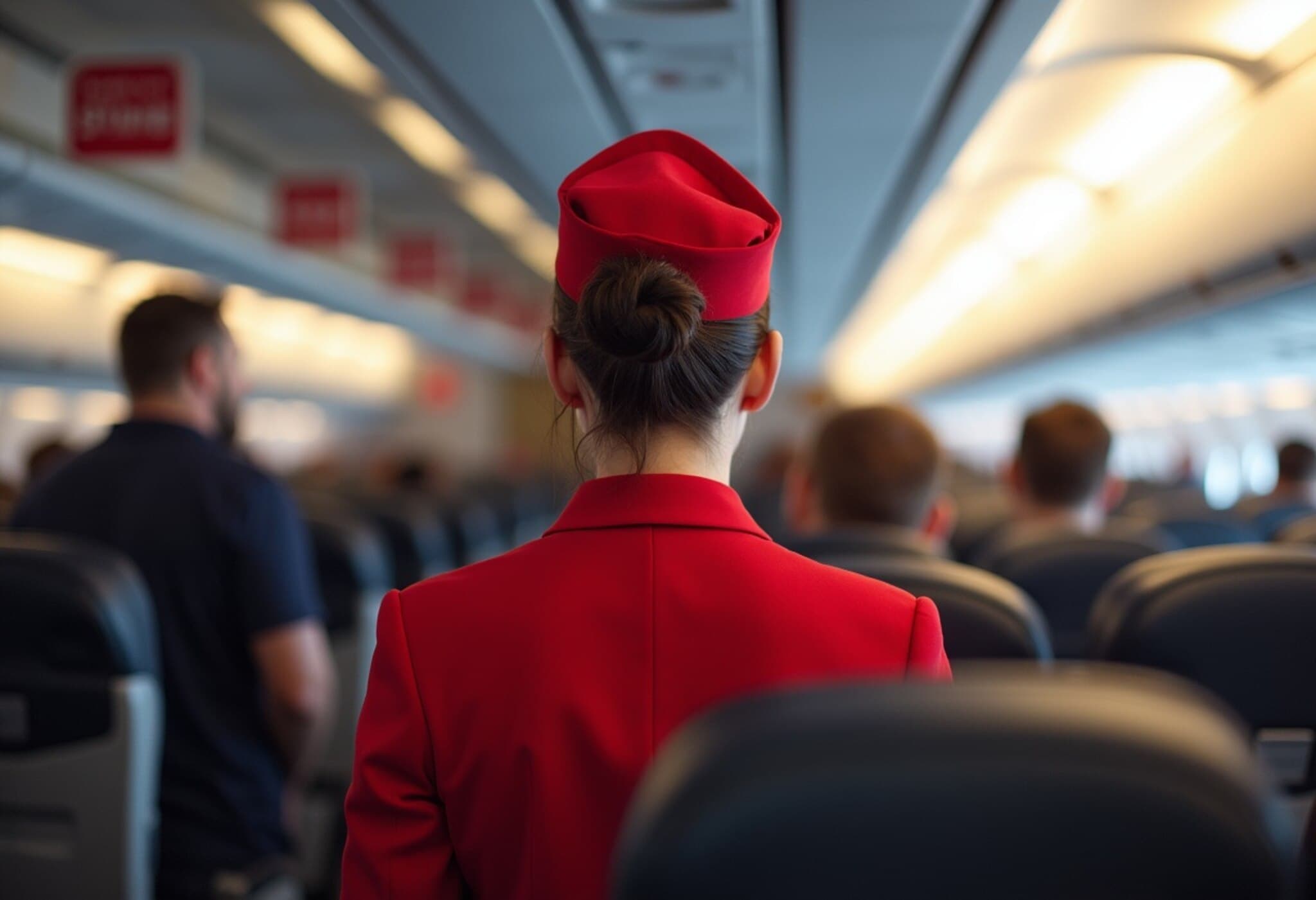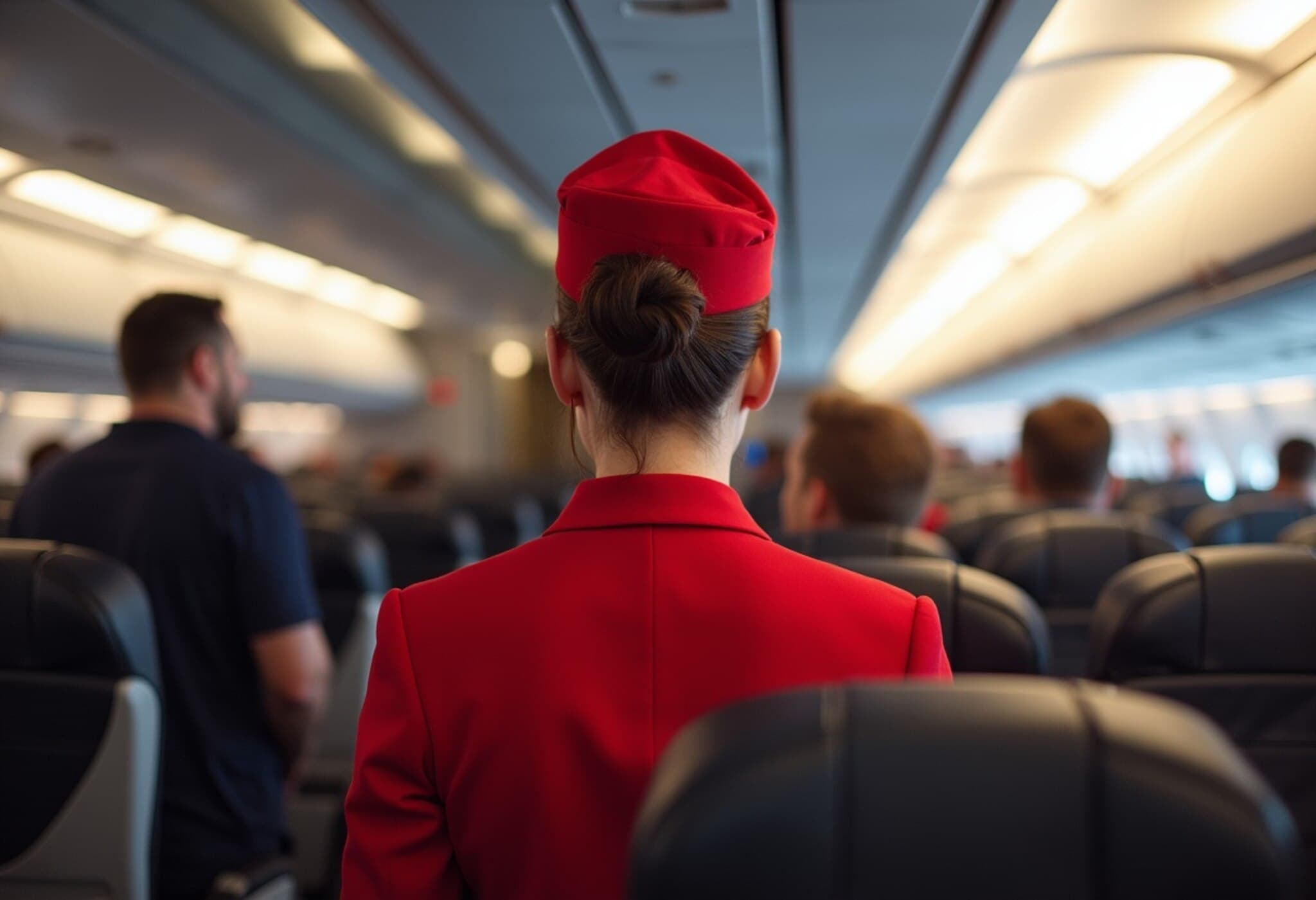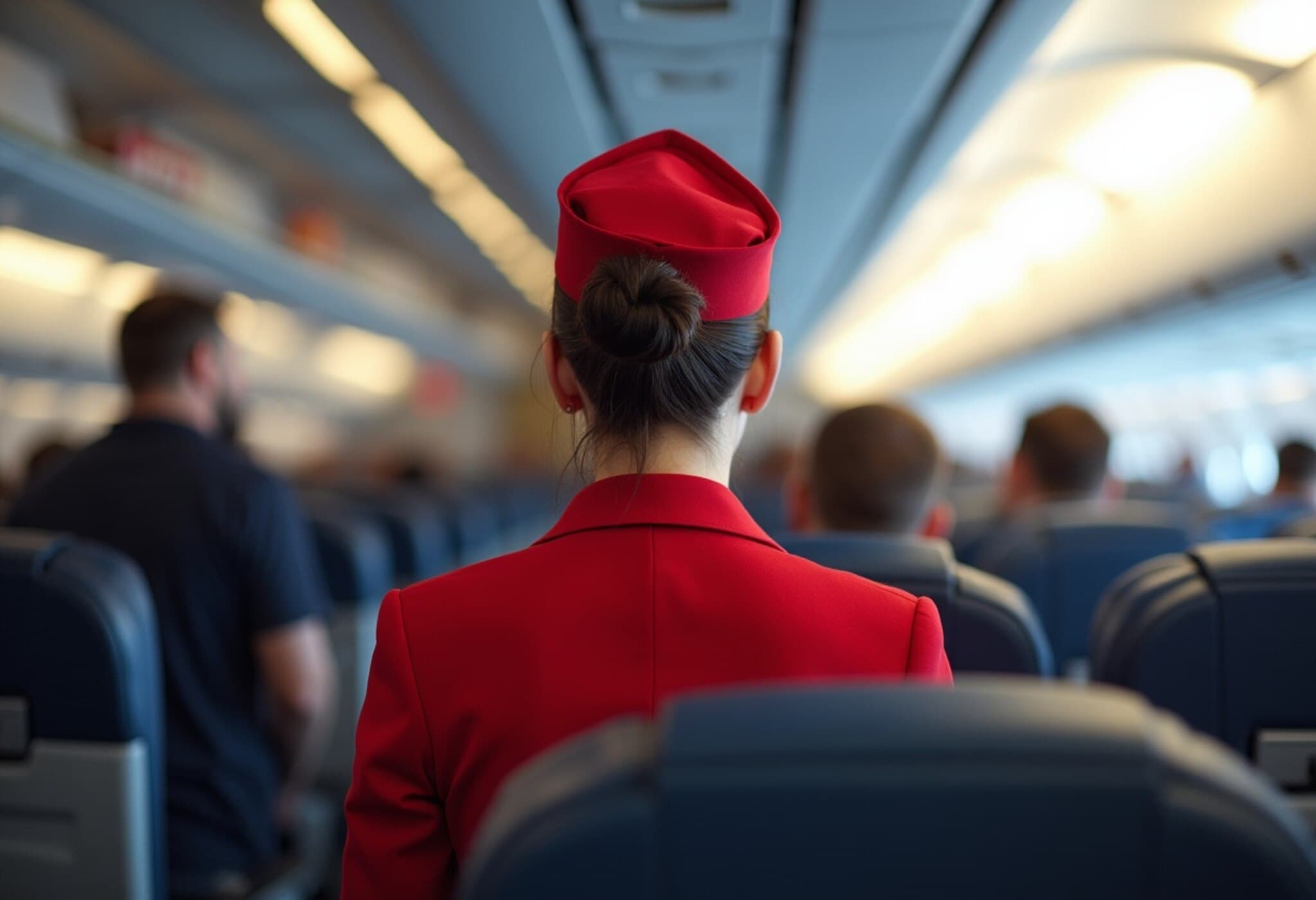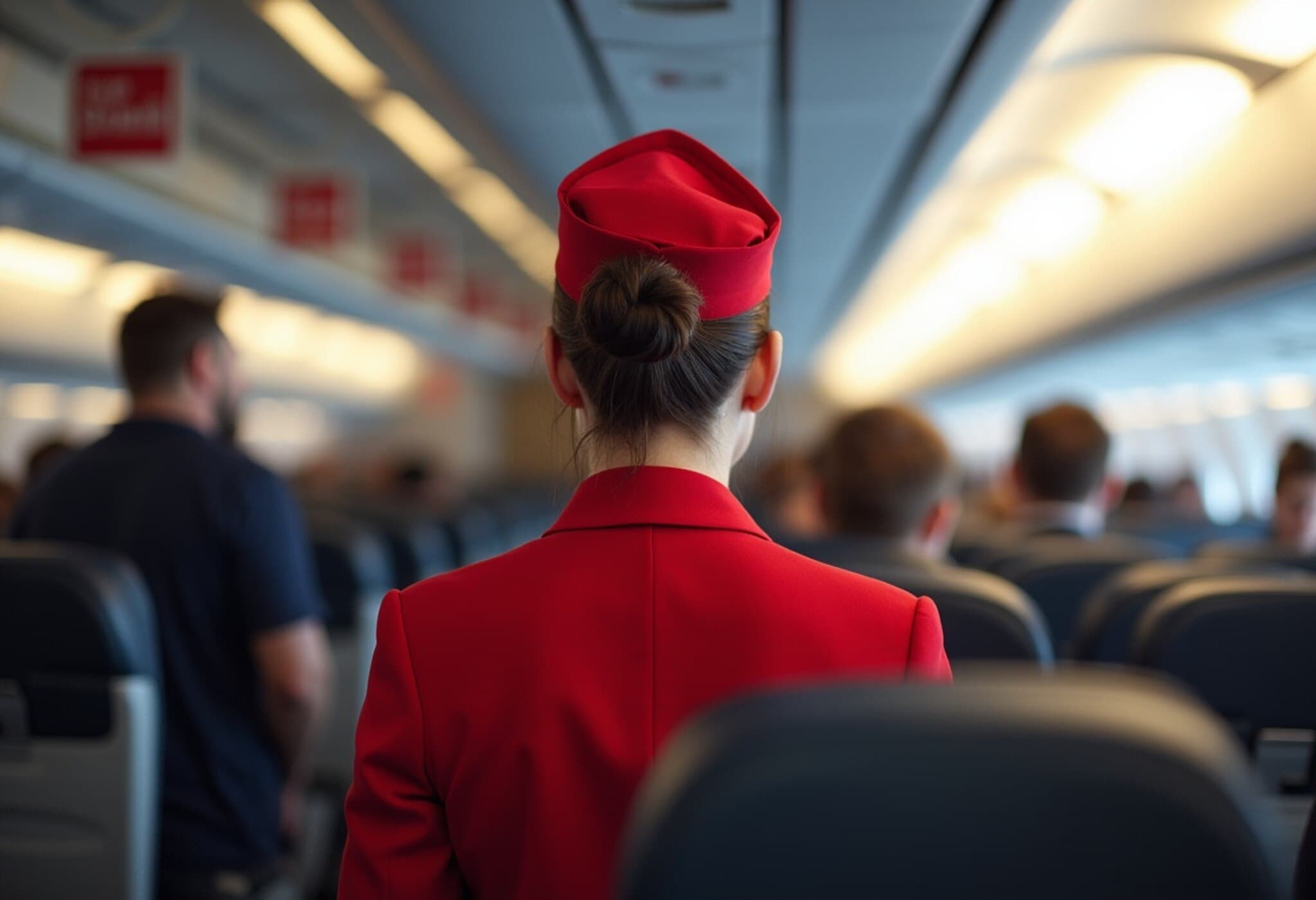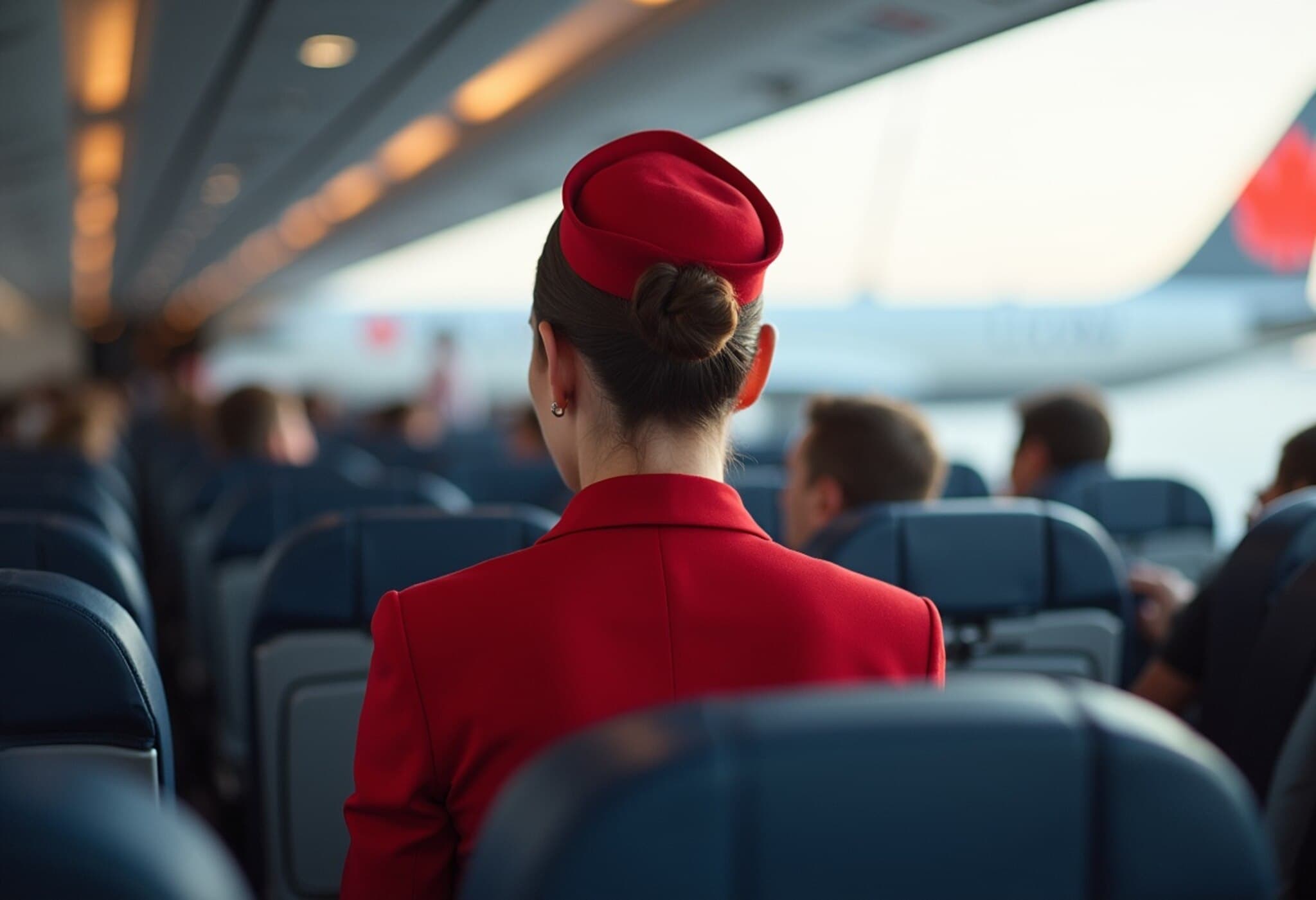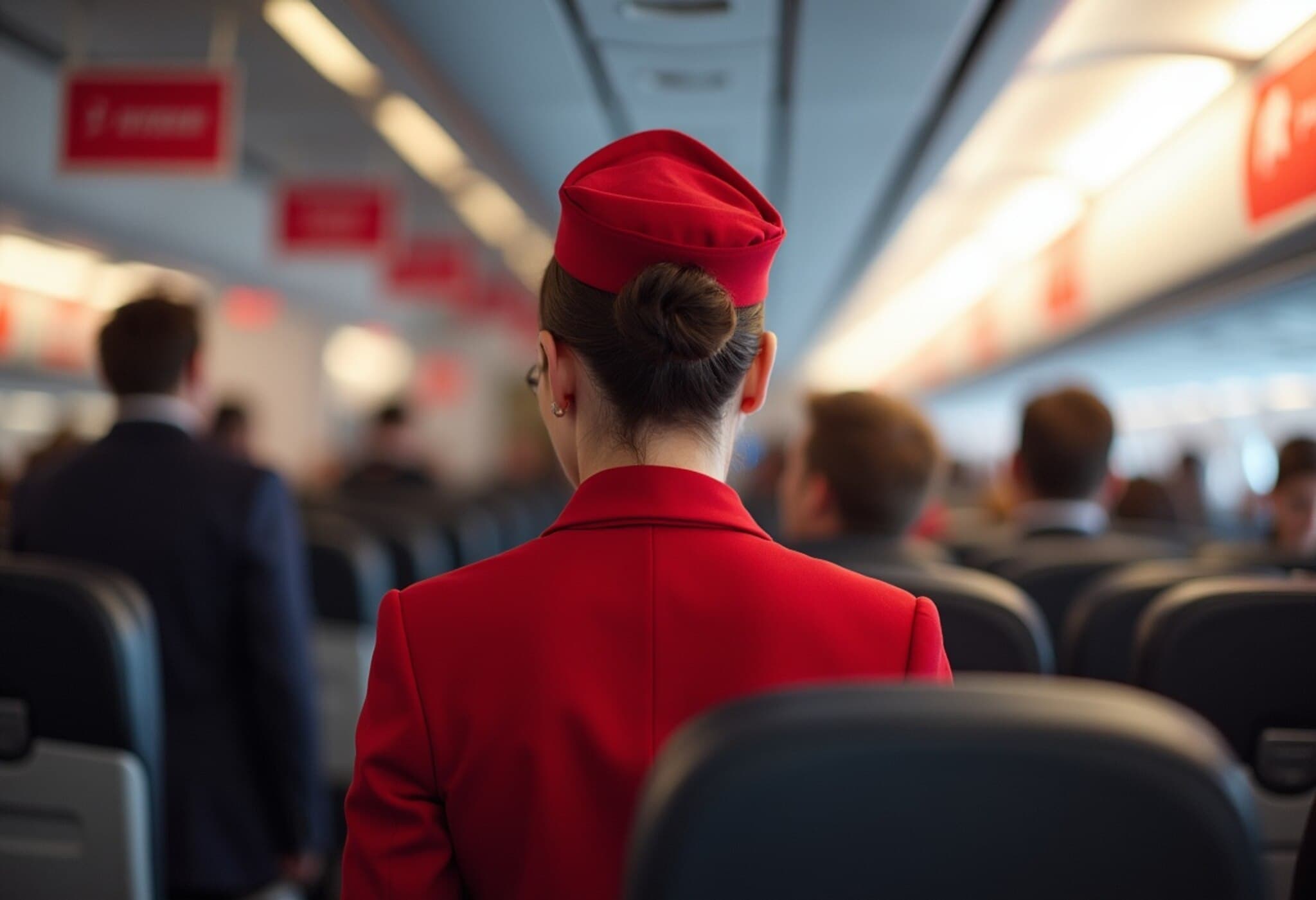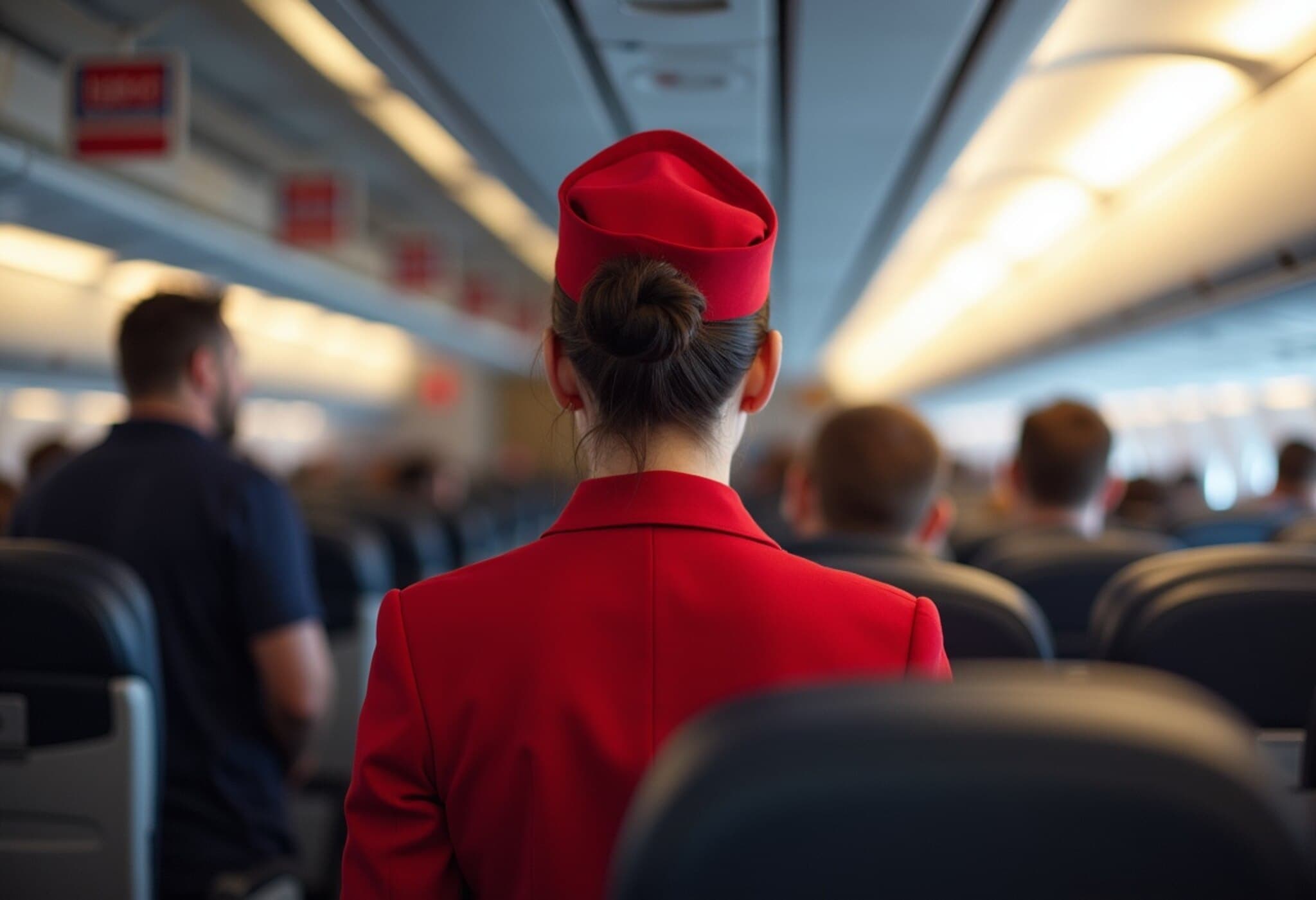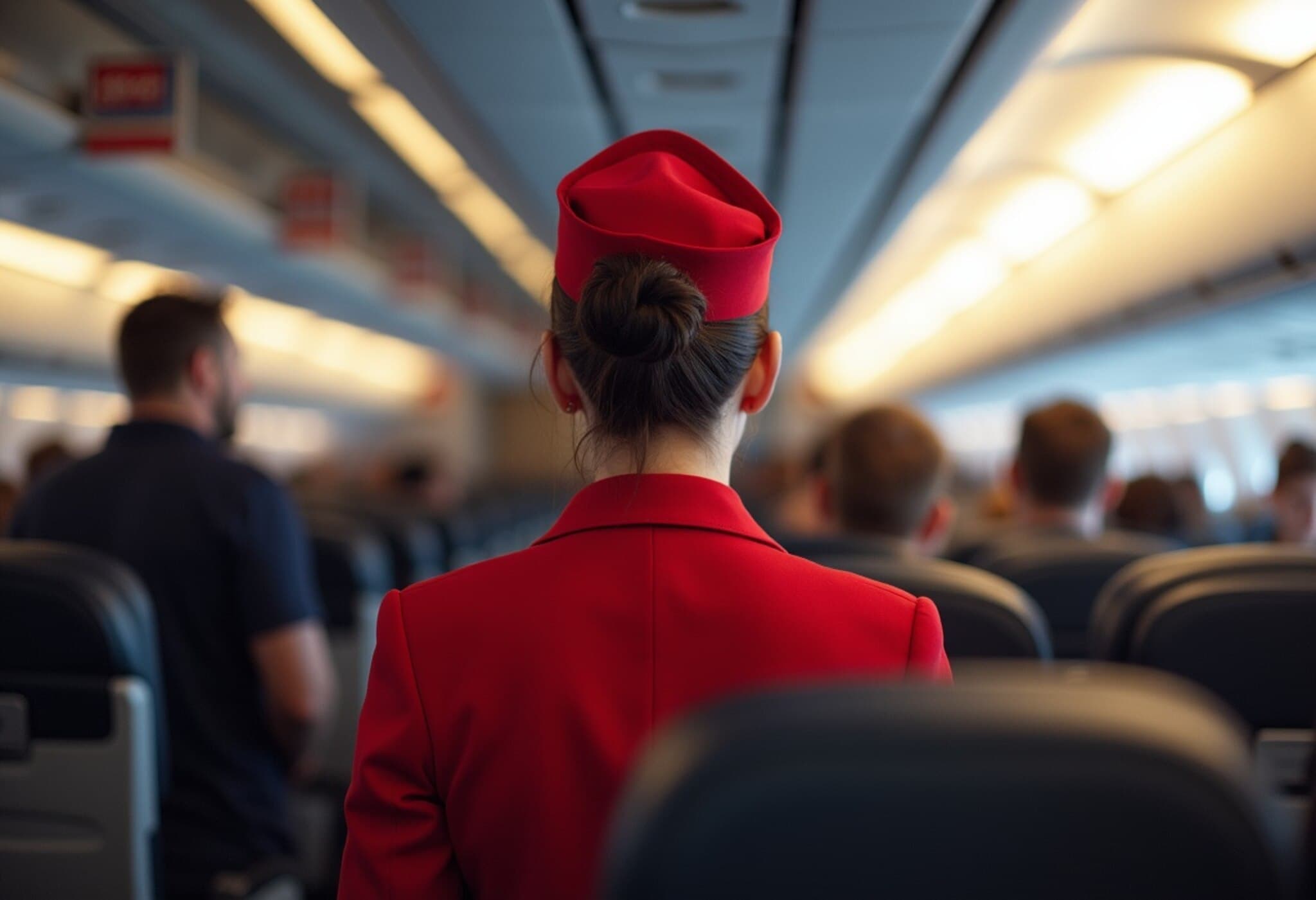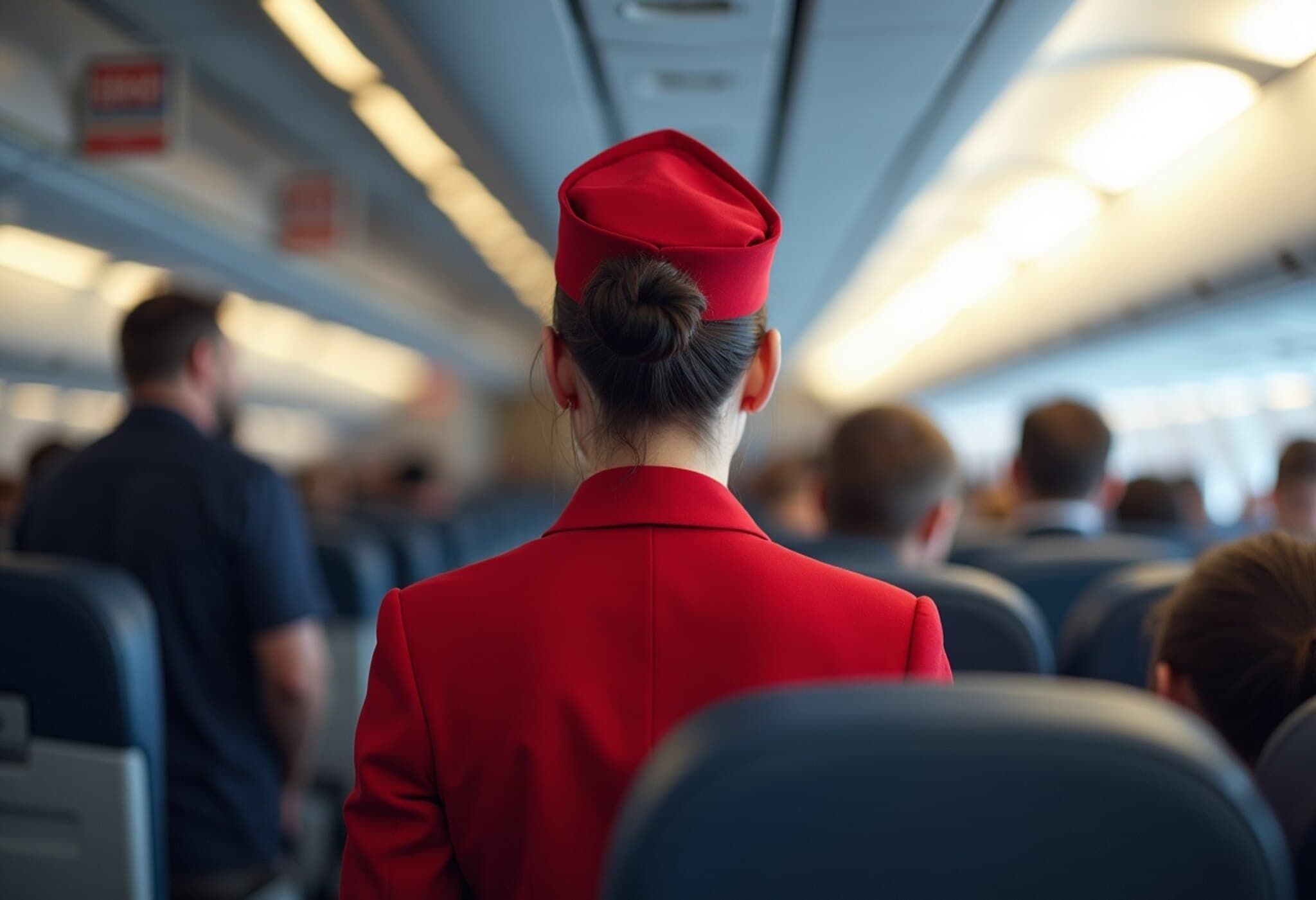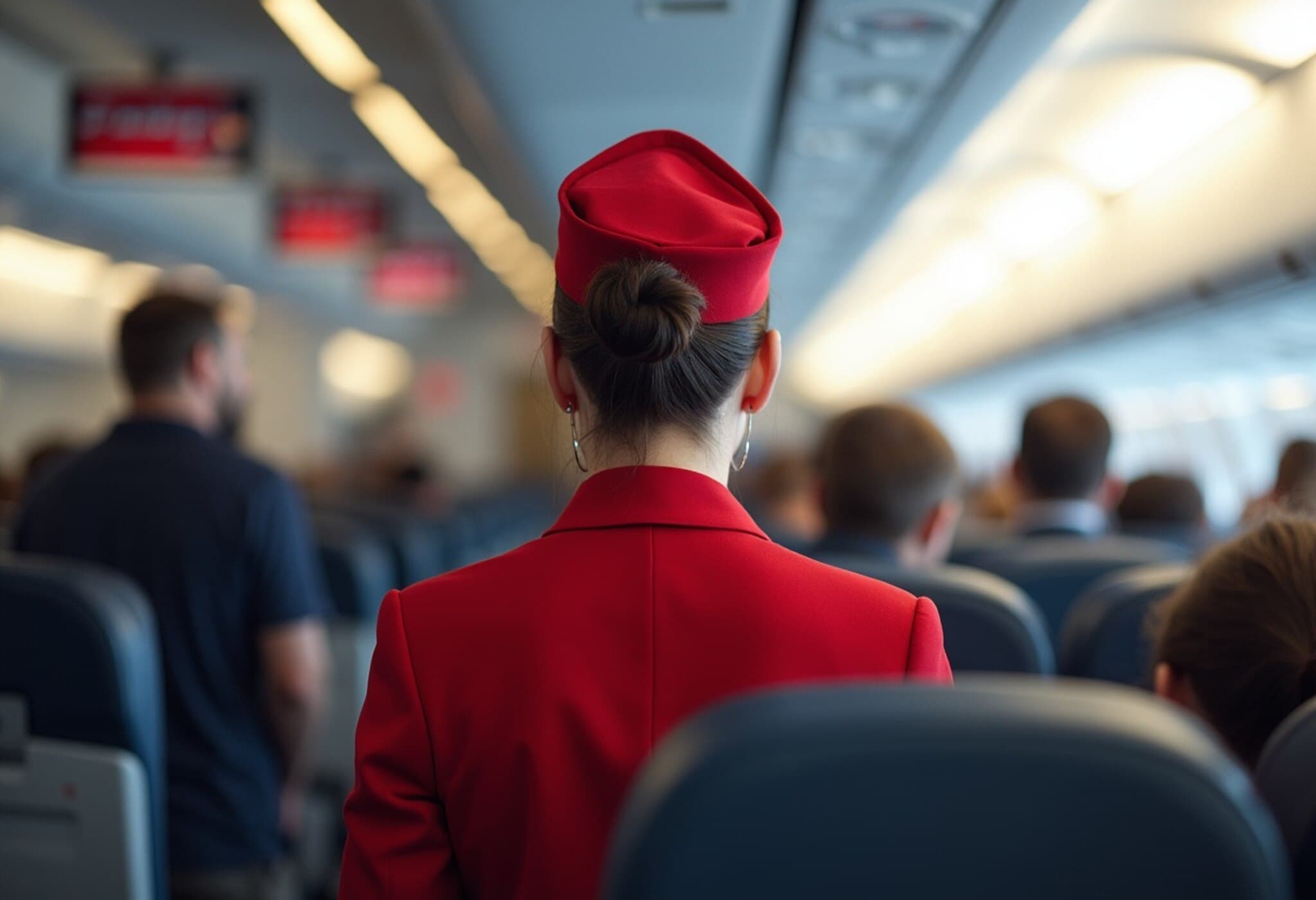Air Canada Flight Attendants Launch Nationwide Strike Amidst Contract Stalemate
In a dramatic escalation of labor tensions, more than 10,000 Air Canada flight attendants initiated a strike early Saturday, following a failed deadline to secure a new contract. The Canadian Union of Public Employees (CUPE), representing these attendants, confirmed the work stoppage, which has already forced the cancellation of more than 620 flights, leaving thousands of travelers stranded during one of the busiest travel periods of the year.
Background: A Bitter Contract Dispute
The dispute stems from ongoing contract negotiations between Air Canada—the country’s largest airline—and its flight attendants’ union. At the heart of the conflict is the airline’s proposal for government-directed arbitration, which would involve a third-party mediator deciding the terms of the new contract but would revoke the union’s right to strike. The union resolutely rejected this proposal on Friday, setting the stage for the strike.
Impact on Travelers and the Aviation Industry
The timing of the strike couldn't be more disruptive. Taking place during the peak summer travel season, the cancellations have sparked frustration and chaos for passengers both in Canada and internationally, many of whom are scrambling to find alternative flights or accommodations.
- Over 620 flights canceled, affecting domestic and international routes.
- Thousands of travelers stranded or facing significant delays.
- Potential ripple effects on cargo shipments and airline revenues.
Experts note that with airline margins often razor-thin, strikes like these pose substantial risks—not only for immediate operational losses but also for heightened reputational damage, which could have lingering effects well beyond the strike's duration.
Union’s Stand: Protecting Rights and Working Conditions
From the union’s perspective, the fight isn’t simply about wages but encompasses critical issues such as job security, workload, and working conditions. Flight attendants emphasize their essential role in passenger safety and service, arguing that stripping away their right to strike diminishes their leverage in fair contract negotiations.
Hugh Pouliot, CUPE's spokesperson, stated, “Our members are committed to delivering exceptional service, but they deserve a contract that respects their contributions and ensures their well-being.”
Government and Industry Responses
The Canadian federal government faces increased pressure to intervene. While arbitration has been suggested to break the deadlock, government officials tread carefully—balancing the economic fallout of prolonged disruption against the labor rights of workers.
Meanwhile, Air Canada’s executives have voiced disappointment, emphasizing their openness to further talks but warning of the operational limitations under strike conditions.
What Lies Ahead?
Negotiations could resume in the coming days as economic and public pressure mounts. However, without concessions or a return to the bargaining table, the strike threatens to extend, disrupting Canada’s air travel infrastructure during a critical season.
Expert Insight: Labor Relations and Economic Impact
Labor experts highlight that such strikes often reflect deeper systemic issues within the industry—such as struggles to balance worker welfare with commercial viability. In the U.S. context, similar strikes have led to calls for regulatory reforms around airline labor laws and collective bargaining rights.
From an economic perspective, the strike serves as a stark reminder of the fragile nature of global supply chains and service industries, where workforce disruptions can cascade into broader economic consequences.
Editor’s Note
This ongoing Air Canada flight attendants strike is more than a labor dispute; it’s a window into the evolving dynamics of airline labor relations in North America. As travelers, policymakers, and stakeholders watch closely, crucial questions arise: How can airlines balance operational demands with employee rights? What role should government play in mediating such conflicts without undermining democratic labor practices? And how will such industrial actions reshape the future of air travel in an increasingly interconnected world?
Stay tuned as we continue to monitor developments and bring you in-depth coverage on this impactful story.

